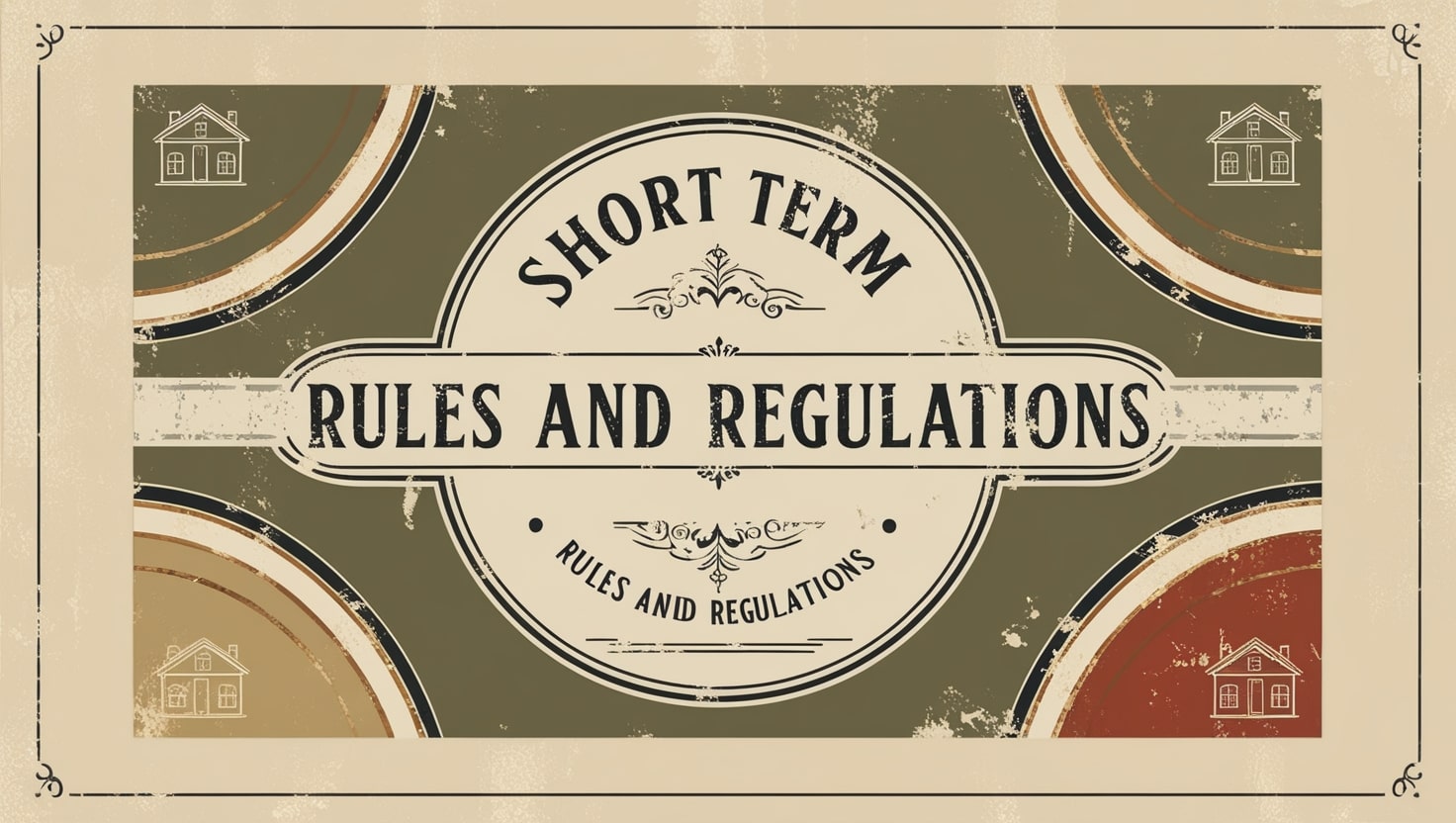Makati, Philippines Airbnb Rules & Regulations
Last updated on: 19th September, 2024


Last updated on: 19th September, 2024

As of October 2023, hosts in Makati must adhere to a range of regulations to legally operate their Airbnb rentals and ensure responsible hosting. Here’s a brief overview based on current regulations:
Business Registration: All Airbnb hosts must secure business registration from the national government. This typically involves obtaining a Mayor’s Permit, Barangay Clearance, and possibly other local permits, such as sanitary, fire safety, and occupancy permits.
Accommodation Establishment Registration: Hosting on Airbnb may classify as operating an "accommodation establishment." Therefore, hosts are required to comply with the Department of Tourism's standards for accommodation establishment registration. This includes submitting a letter of intent, an accomplished application form, and a self-assessment form.
Sanitation and Safety Standards: Hosts are mandated to follow the Code on Sanitation of the Philippines, which outlines health and cleanliness regulations. This is particularly crucial in light of ongoing health concerns related to COVID-19, where specific cleaning protocols and guest safety measures must be observed.
Tax Obligations: Income generated through Airbnb hosting is taxable. Hosts must understand their tax obligations, including income tax, VAT, or percentage tax, and file returns quarterly and annually as required by the Bureau of Internal Revenue.
Consumer Protection Compliance: Hosts must comply with the Philippine Consumer Protection Act, which requires full disclosure of information when offering goods or services online. This includes accurate listing details and adequate customer service.
Community Courtesy: Hosts are encouraged to communicate local rules and building policies to guests to ensure mutual respect within the community. This might include guidelines on noise, communal area usage, and parking regulations specific to Makati.
Insurance Requirements: While Airbnb provides some host protection insurance, it is vital for hosts to have adequate homeowners or renters insurance to cover liabilities that may arise from hosting guests.
Adherence to Lease and Mortgage Regulations: If the property is leased or mortgaged, hosts should verify any restrictions regarding subletting or short-term rentals to avoid contractual violations.
Potential hosts should stay informed and regularly check for updates to local regulations or changes in the law to ensure compliance. Engaging with local legal advice is recommended for tailored guidance regarding hosting laws specific to Makati.